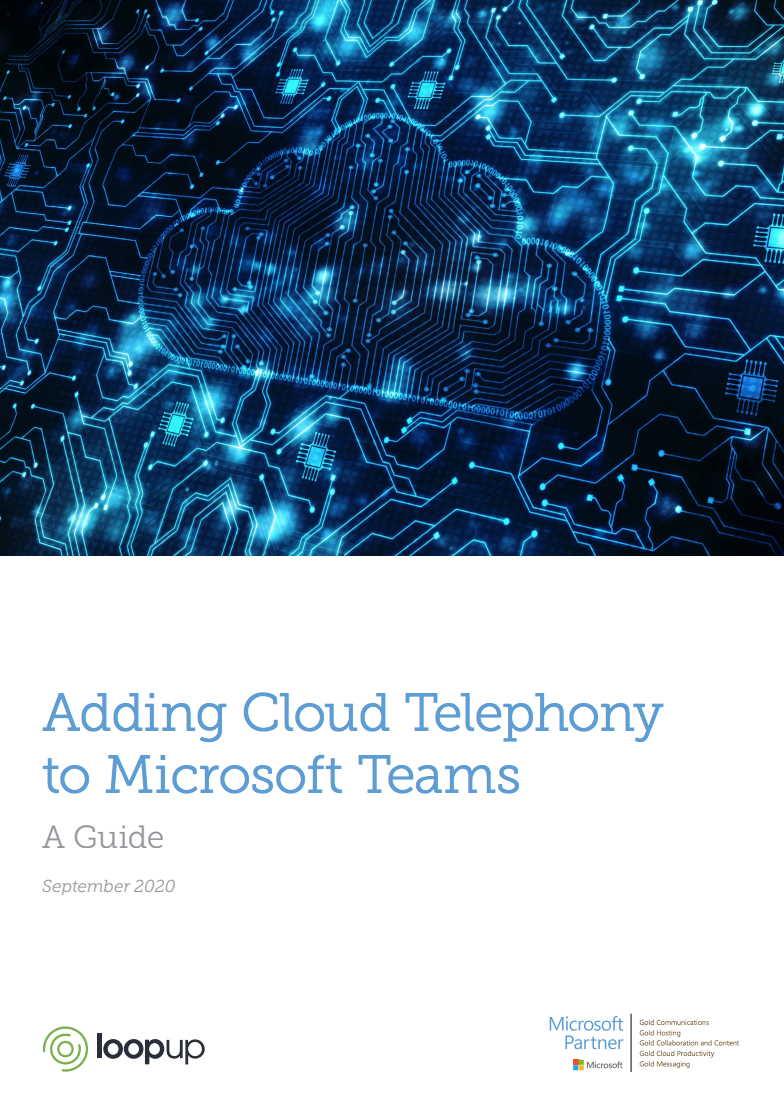Hackers target flaws in PBX system to hijack VoIP calls
Flaws in Sangoma PBX allow hackers to make outgoing calls to premium-rate numbers


Cyber criminals have launched a new campaign that targets Sangoma PBX, an open source web GUI that manages communications toolkit Asterisk, security researchers have said.
The attack exploits CVE-2019-19006, a critical vulnerability in Sangoma private branch exchange (PBX), which grants the attacker admin access to the system and gives them control over its functions.
Nearly 1,200 organisations worldwide over past 12 months are said to have been targeted, with the main purpose of the campaign being to lift phone numbers and gain live access to compromised VoIP services, according to a blog by researchers at Check Point Software.
Countries targeted include the Netherlands, Belgium, US, Columbia, and Germany. However, over half of the attacks so far have been aimed at companies based in the UK, in industries such as government, military, insurance, finance, and manufacturing.
“While investigating the exploitations, researchers identified several online profiles associated with private Facebook groups that deal with VoIP, and more specifically, SIP server exploitation," said researchers Ido Solomon, Ori Hamama and Omer Ventura, in a joint blog post.
They added that investigations into the source of the attacks suggested that most hackers were based in Gaza, the West Bank, and Egypt.
It was also concluded that the group has mostly tried to gain access to phone numbers, and sell these on to other groups, and grant access to compromised VoIP services “to the highest bidders, who can then exploit those services for their own purposes”.
Sign up today and you will receive a free copy of our Future Focus 2025 report - the leading guidance on AI, cybersecurity and other IT challenges as per 700+ senior executives
RELATED RESOURCE

Researchers said that hackers could also use the compromised systems to support further attacks, such as using the system resources for cryptocurrency mining, spreading laterally across the company network, or launching attacks on outside targets, while masquerading as representatives from the compromised company.
Companies using vulnerable systems have been urged to change all default passwords and analyse call billings on a regular basis as well as applying patches to close the CVE-2019-19006 vulnerability that hackers are exploiting.
Rene Millman is a freelance writer and broadcaster who covers cybersecurity, AI, IoT, and the cloud. He also works as a contributing analyst at GigaOm and has previously worked as an analyst for Gartner covering the infrastructure market. He has made numerous television appearances to give his views and expertise on technology trends and companies that affect and shape our lives. You can follow Rene Millman on Twitter.
-
 Experts welcome EU-led alternative to MITRE's vulnerability tracking scheme
Experts welcome EU-led alternative to MITRE's vulnerability tracking schemeNews The EU-led framework will reduce reliance on US-based MITRE vulnerability reporting database
-
 Veeam patches Backup & Replication vulnerabilities, urges users to update
Veeam patches Backup & Replication vulnerabilities, urges users to updateNews The vulnerabilities affect Veeam Backup & Replication 13.0.1.180 and all earlier version 13 builds – but not previous versions.
-
 Two Fortinet vulnerabilities are being exploited in the wild – patch now
Two Fortinet vulnerabilities are being exploited in the wild – patch nowNews Arctic Wolf and Rapid7 said security teams should act immediately to mitigate the Fortinet vulnerabilities
-
 Everything you need to know about Google and Apple’s emergency zero-day patches
Everything you need to know about Google and Apple’s emergency zero-day patchesNews A serious zero-day bug was spotted in Chrome systems that impacts Apple users too, forcing both companies to issue emergency patches
-
 Security experts claim the CVE Program isn’t up to scratch anymore — inaccurate scores and lengthy delays mean the system needs updated
Security experts claim the CVE Program isn’t up to scratch anymore — inaccurate scores and lengthy delays mean the system needs updatedNews CVE data is vital in combating emerging threats, yet inaccurate ratings and lengthy wait times are placing enterprises at risk
-
 IBM AIX users urged to patch immediately as researchers sound alarm on critical flaws
IBM AIX users urged to patch immediately as researchers sound alarm on critical flawsNews Network administrators should patch the four IBM AIX flaws as soon as possible
-
 Critical Dell Storage Manager flaws could let hackers access sensitive data – patch now
Critical Dell Storage Manager flaws could let hackers access sensitive data – patch nowNews A trio of flaws in Dell Storage Manager has prompted a customer alert
-
 Flaw in Lenovo’s customer service AI chatbot could let hackers run malicious code, breach networks
Flaw in Lenovo’s customer service AI chatbot could let hackers run malicious code, breach networksNews Hackers abusing the Lenovo flaw could inject malicious code with just a single prompt


